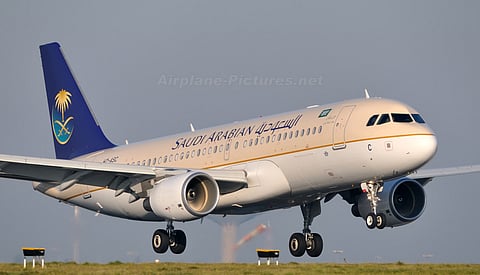Middle East airlines set to lose over $7b in 2020, says IATA
A second-half recovery never materialized due to the return of lockdowns in key markets

Dubai: Middle East’s airlines will lose $7.1 billion this year as the COVID-19 pandemic continues to cripple global air travel, according to the latest forecasts from the International Air Transport Association (IATA). It had previously estimated losses of $4.8 billion for carriers in the region.
The much-anticipated industry recovery that was expected in the second half of 2020 has not happened yet, said Muhammad Ali Albakri, Regional Vice President Africa and the Middle East, IATA.
Airlines in the regional will collectively lose $3.3 billion in 2021. Although a “lot better than 2020, it’s still a loss,” said Albakri. “For every passenger the Middle Eastern airlines carry, they will be losing $68.”
Industry at risk
The pandemic has put 1.8 million jobs at risk in the Middle East air transport sector, said Albakri. “We have seen tens of thousands of jobs that have been eliminated over the last few months, and more to come.”
“$115 billion dollars-worth of GDP, supported by the air transport industry is at risk,” said Albakri. This “cannot be substituted by any other industry other than air travel and tourism.”
Dubai leads the recovery
“The emirate of Dubai… put together policies, guidelines rules and regulations to fight the epidemic, but also to open up their skies, open up the borders and allow free movement of passengers and goods, and they have successfully done so,” said Albakri.
Dubai has removed several travel restrictions in recent months including compulsory quarantine. As a result, passenger traffic at Dubai International Airport is now slowly inching back to levels seen before the pandemic.
“This is what happens when countries adapt proper scientifically-based measures to fight the virus, but also a balanced approach to open up the sector and allow free movement,” said Albakri. “Beyond any doubt, opening borders and allowing air travel to resume does not add to the number of cases.”
Sign up for the Daily Briefing
Get the latest news and updates straight to your inbox







